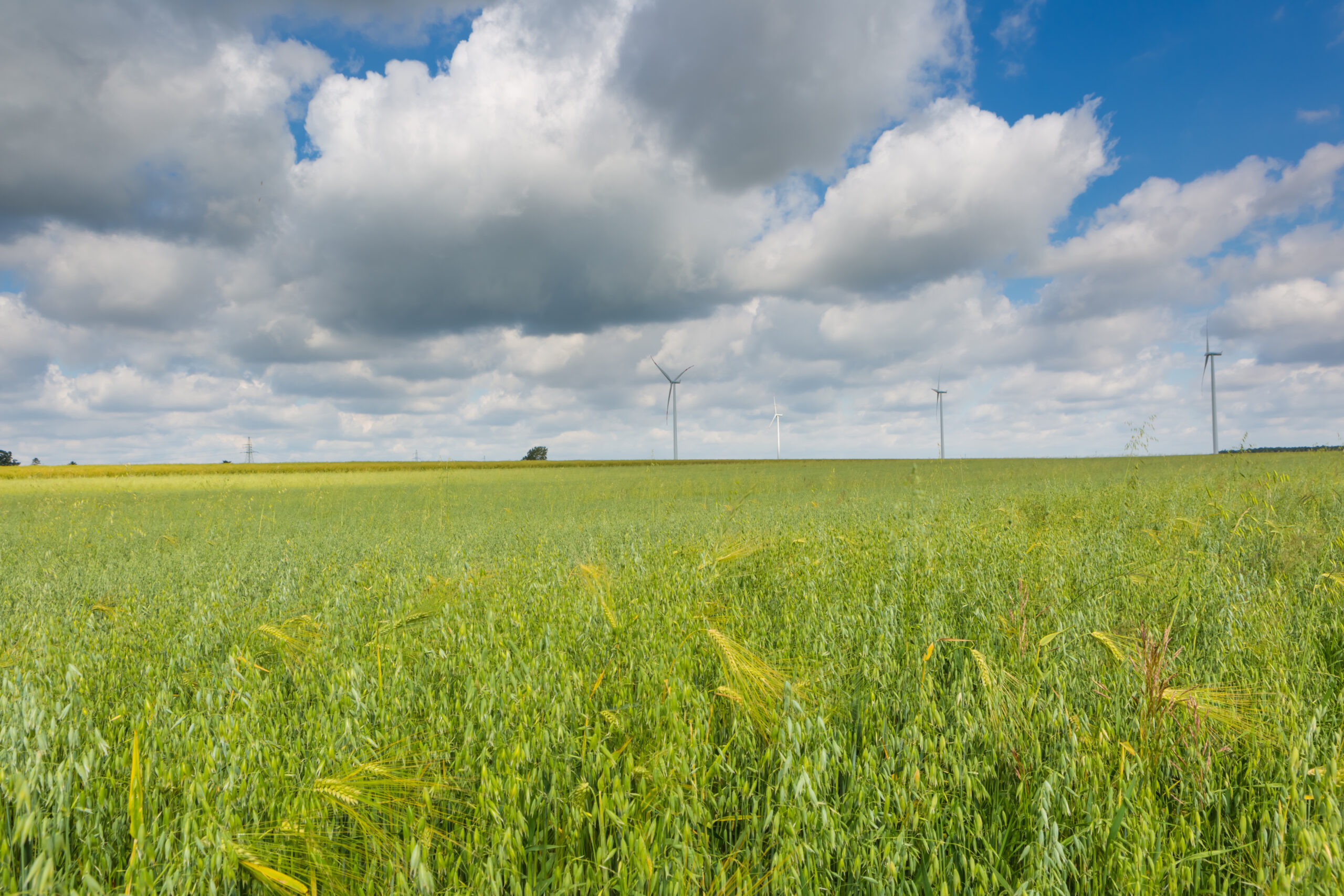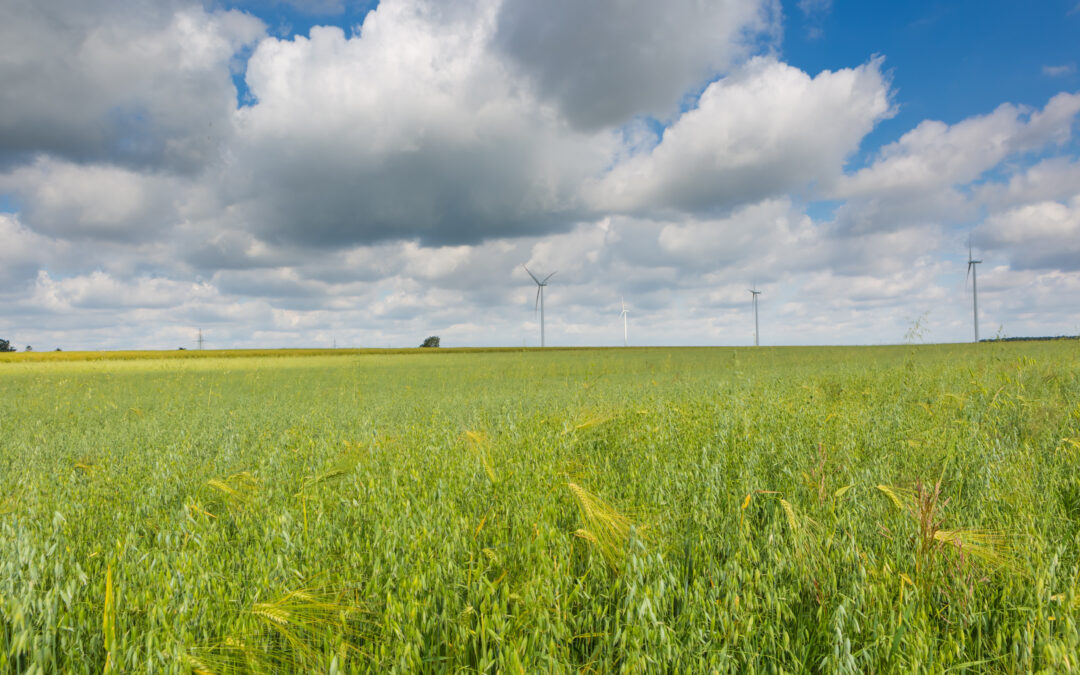Homemaking has been a part of human culture since ancient times. It involves creating a comfortable and sustainable living space by utilizing natural resources available in the surrounding environment. In recent years, homemaking or homesteading as it’s commonly known, has gained popularity among urban dwellers who seek to reduce their carbon footprint and live more sustainably. Here are some reasons why making things yourself can be beneficial:
1. Quality Control – When you make something yourself, you have complete control over the quality of the end product. You can ensure that all materials used are safe and high-quality, which cannot always be guaranteed when buying products from stores. Additionally, you can customize your creation to fit your specific needs and preferences.
2. Cost Effective – Making things yourself can save you money in the long run. While there may be an initial investment required for tools and materials, once you have them, you can create multiple items without having to pay again. This makes it much cheaper than constantly purchasing store-bought goods.
3. Environmentally Friendly – By making things yourself, you can reduce waste and energy consumption. For example, instead of using disposable plastic bags, you could sew reusable cloth ones. Similarly, by growing your own produce, you can avoid pesticides and other chemicals often found in commercially grown crops.
DIY Projects for the Modern Homesteader
There are many different types of projects that modern homesteaders can undertake. Some examples include:
1. Building a chicken coop – Raising chickens for eggs can provide fresh food while also reducing waste. Building a chicken coop can be a fun and rewarding project that allows you to customize the design to suit your needs.
2. Creating a compost bin – Composting is an excellent way to reduce waste and improve soil health. A simple compost bin made from wooden pallets or recycled containers can be a great starting point for beginners.
3. Constructing a rain barrel – Collecting rainwater can help reduce water usage and conserve resources. Building a rain barrel can be a straightforward project that requires only basic carpentry skills.
4. Planting a garden – Growing your own fruits and vegetables is a great way to reduce dependence on grocery stores and support local ecosystems. Even small balcony gardens can yield significant results with proper care and attention.
5. Making cleaning supplies – Many commercial cleaning products contain harsh chemicals that can harm both people and the environment. Making your own cleaning supplies using natural ingredients like vinegar and baking soda can be safer and more effective.
Sustainability and Reducing Waste
Finally, sustainability and reducing waste should be important considerations for any modern homesteader. Here are some ways to achieve this goal:
1. Recycle – Make sure to properly dispose of any packaging or materials that cannot be repurposed. Check with your local recycling center to see what materials they accept.
2. Compost – Instead of throwing away food scraps and yard waste, compost them to create nutrient-rich soil for plants.
3. Repair – Before replacing broken items, try to repair them if possible. This can save money and reduce waste by extending the lifespan of existing objects.
In conclusion, homemaking or homesteading can offer numerous benefits such as improved quality control, cost savings, environmental friendliness, and reduced waste. With these DIY projects and sustainability tips in mind, anyone can become a modern homesteader and enjoy the rewards of self-sufficiency.

Related Content
- If they don’t make it any more, it is a rare commodity.
- How to Start Your Own Home Farm: A Beginner’s Guide
- How We Increased Our Homestead Income with Small Livestock
- Homemade and Handcrafted: How We Make Money from our Homestead Lifestyle
- From City Living to Country Life: Our Journey to Becoming Homesteaders





